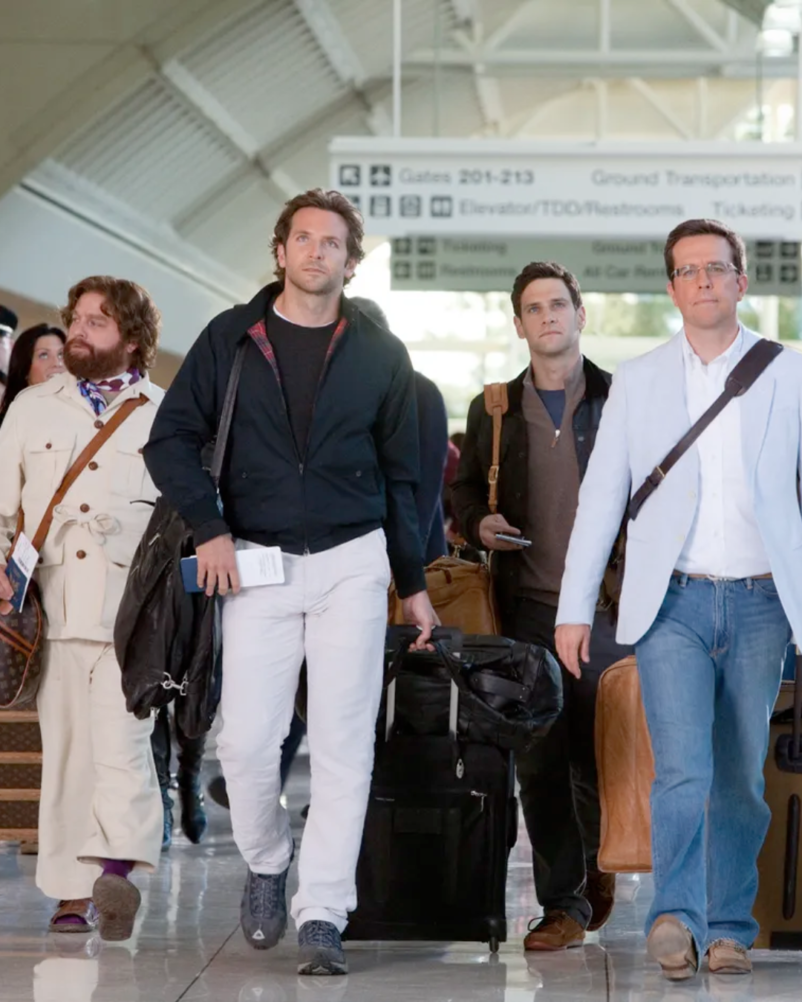
Did you know that Air France-KLM transports 100,000 clients on more than 1,000 flights daily? But what’s even more impressive is how the company uses artificial intelligence to transform your travels into smooth and personalized experiences. Imagine a future where artificial intelligence doesn’t just answer trivial questions about your luggage but revolutionizes every aspect of your flight experience, from check-in to landing. This is the bet of Air France-KLM, diving headfirst into generative AI. While some see this innovation as an opportunity for smoother and more personalized flights, others wonder: is it really the cure-all for all the industry’s woes, or just a high-tech publicity stunt? Between promises of modernity and operational realities, here’s a glimpse into this world where algorithms never sleep, and every flight becomes a new technological experiment.
Since its inception in 1958, Air France has continually pushed the boundaries of innovation in the aviation industry. At a time when technology was in its infancy, the company’s operational research department was already at the forefront of optimizing operations and customer experience. In the 1990s, Air France made a leap forward by introducing revenue management, a practice based on analyzing historical data to adjust ticket prices and maximize revenue. This strategy not only allowed it to remain competitive in the market but also paved the way for a more strategic use of data in the aviation industry. In the 2000s, in addition to its merger with KLM, the company took another step forward with the launch of Prognos, a revolutionary predictive maintenance tool that transformed how airlines manage aircraft maintenance. With over 80 airlines adopting this technology, Air France once again proved its leadership in innovation. Even before the Covid-19 pandemic, it had already begun exploring the potential of artificial intelligence to enhance the customer experience, with chatbots like Louis, Lucie, and Léa making customer service more interactive and efficient. Louis handled baggage, Lucie inspired travelers, and Léa managed inconveniences such as delays and strikes. These chatbots represented a first foray into using artificial intelligence for customer service but were limited to enhanced FAQs, with predefined answers based on decision trees. These systems were useful for simple questions, but complex queries still had to be transferred to expert human agents. These early forays into AI laid the groundwork for a new era of innovation for Air France-KLM, where data and artificial intelligence are central to the company’s strategy to meet the changing needs of its customers and maintain its leading position in the global air transport market.
In 2023, the company is turning to generative artificial intelligence, an innovation aimed at enriching the daily lives of its employees. Among the drivers of this transformation, TALIA emerges as an internal ChatGPT, offering employees an ally for drafting emails and organizing their tasks. But behind this apparent simplicity lie pressing questions about data privacy. Meanwhile, PAMELIA, designed to provide instant answers to airport agents, finds itself under scrutiny during its testing phase, revealing potential shortcomings in terms of accuracy and reliability. CHARLIE, still in the concept phase, promises to make life easier for maintenance teams but raises questions about its real impact on flight punctuality. Finally, FOX, tasked with analyzing customer feedback, is at the center of a debate about its ability to decipher complex sentiments. In this technological ballet, the company must juggle the promises of innovation with the challenges of reality to ensure these revolutionary tools truly serve those who use them daily. In its quest to integrate artificial intelligence into its operations, the French giant skillfully balances innovation and caution. Mindful of data security and adherence to ethical standards, it places the protection of customer information at the heart of its strategy. However, implementing these principles proves to be a real challenge in a constantly evolving technological landscape. With a dedicated team of 150 experts, the company navigates the turbulent waters of AI but faces the thorny question of whether this team is truly equipped to ensure a smooth and effective adoption of these technologies. Additionally, it opts for a pragmatic approach by choosing market solutions rather than developing its own internal tools. While this strategy aims to maximize operational efficiency, it also raises questions about its ability to innovate and customize its solutions. In an industry as dynamic as aviation, although the integration of AI in customer interactions offers significant advantages, balancing innovation with caution becomes a high-wire act.

